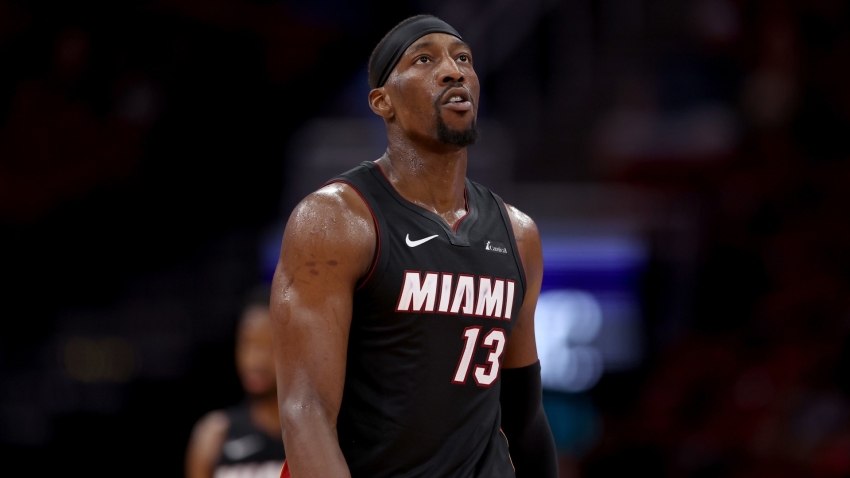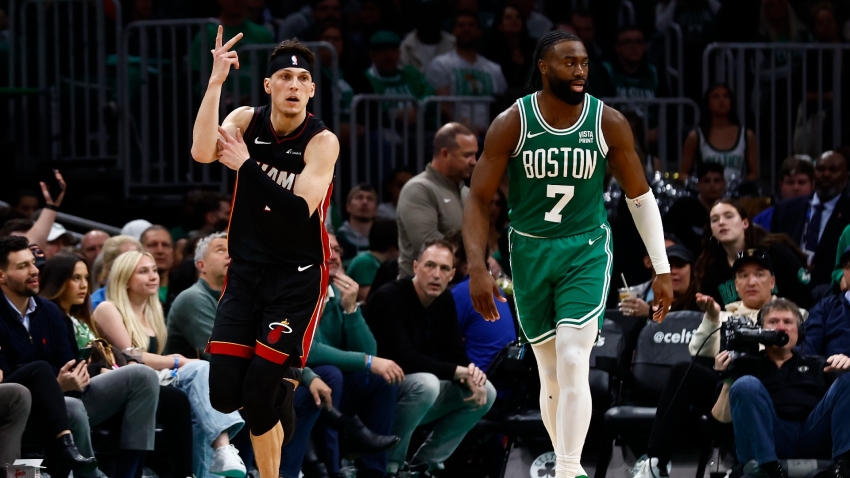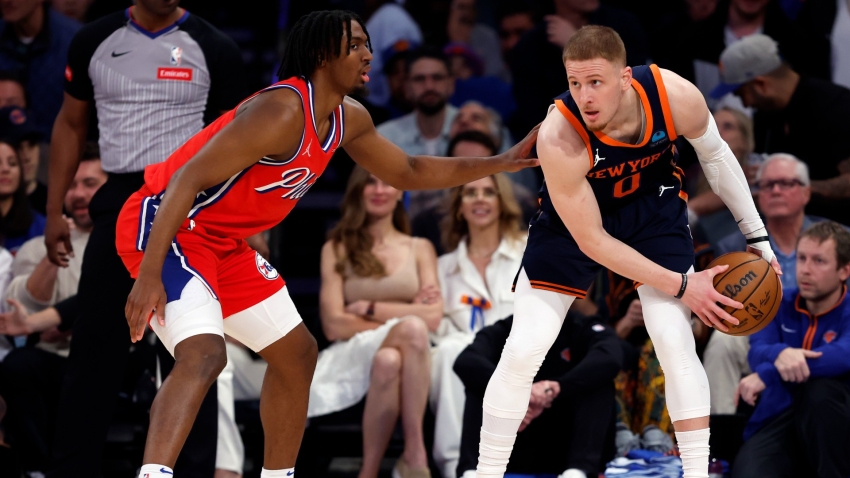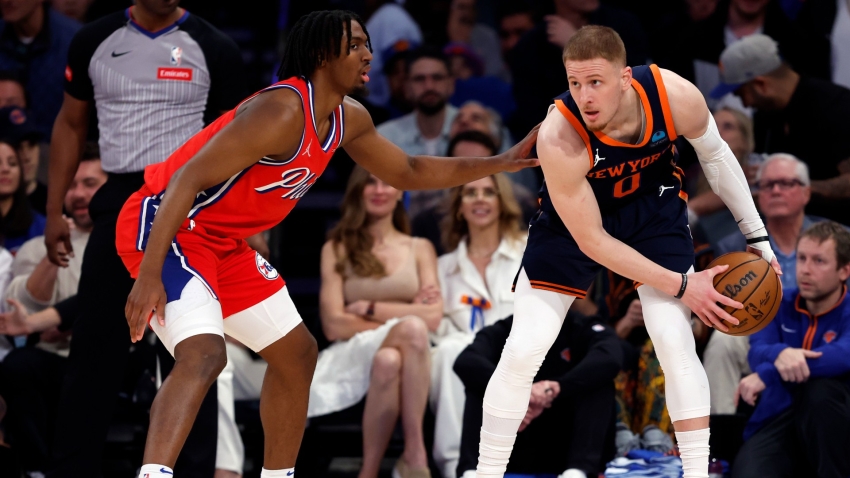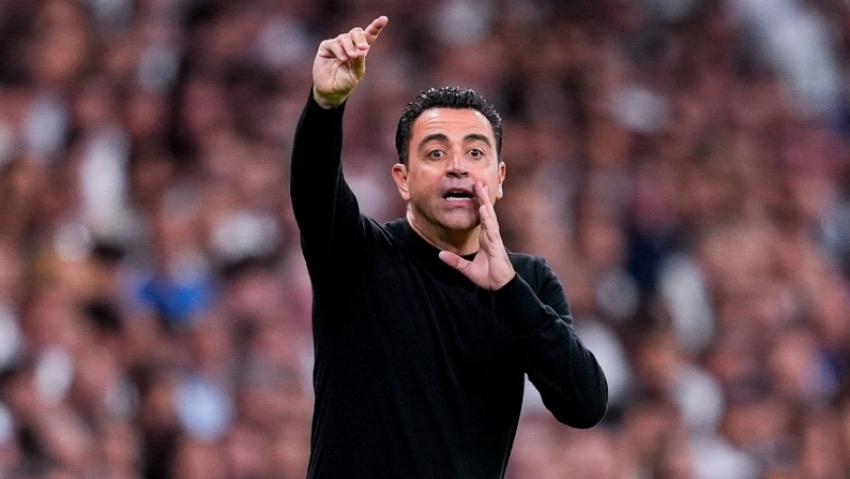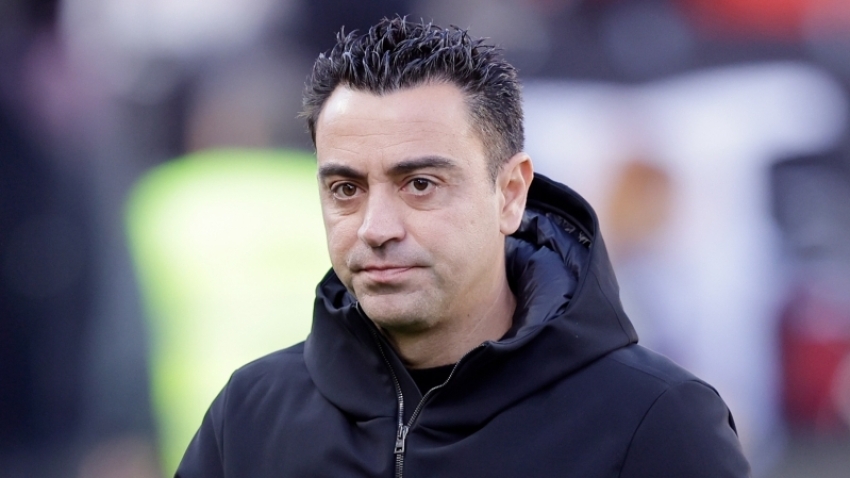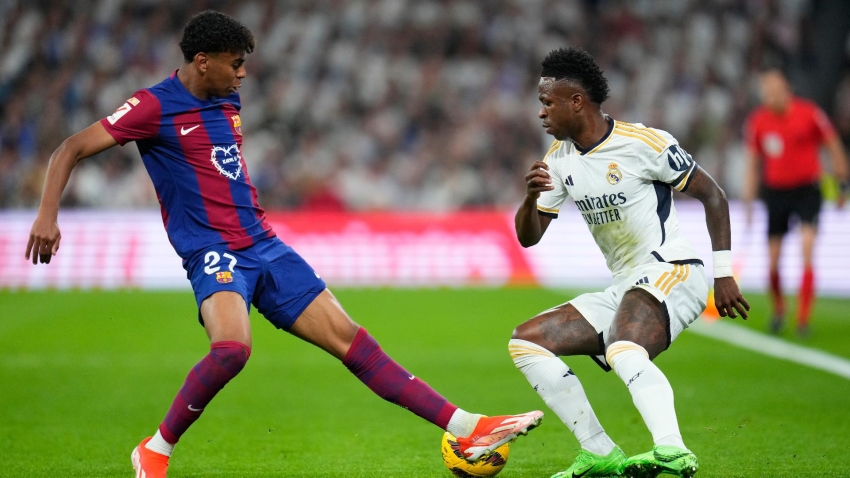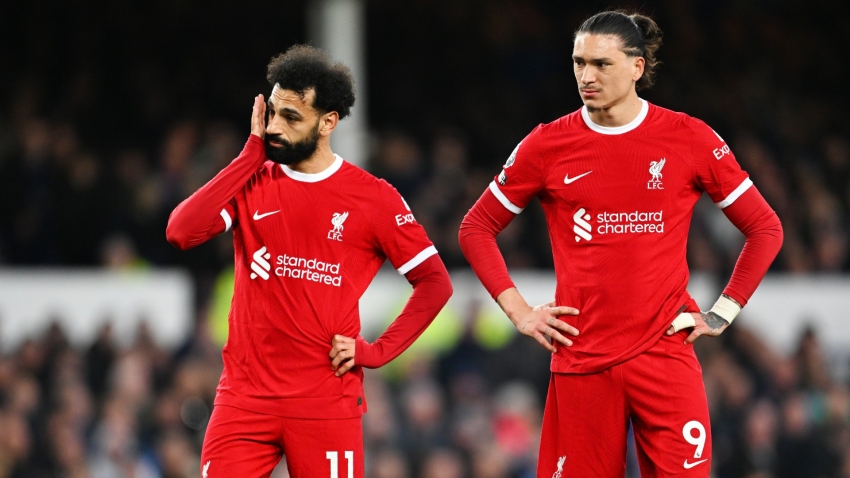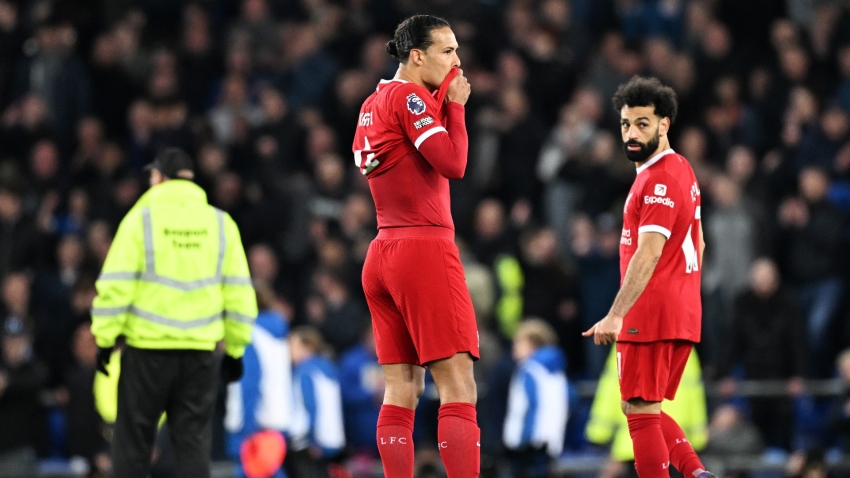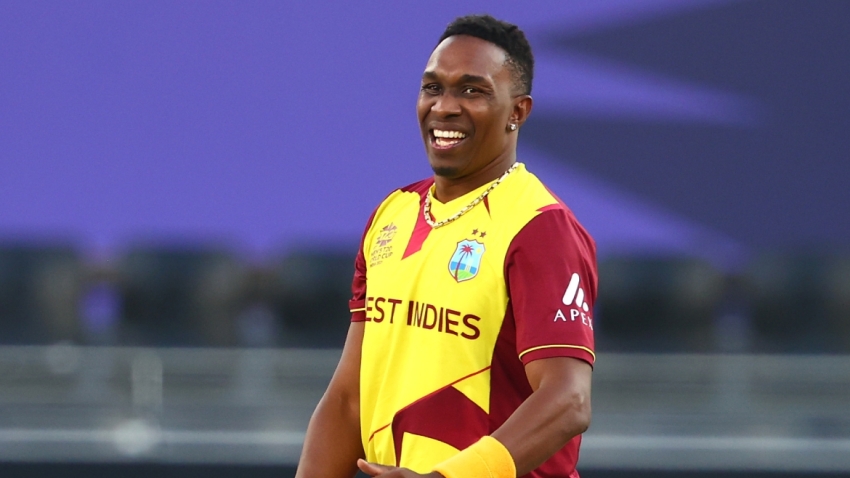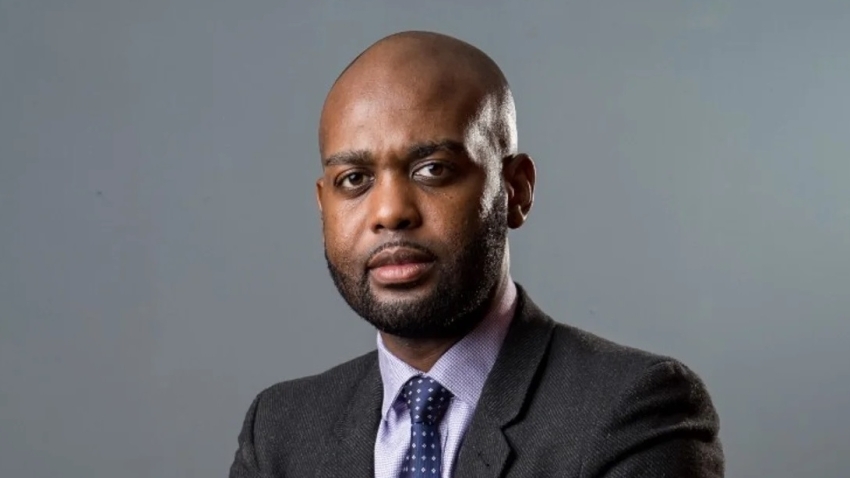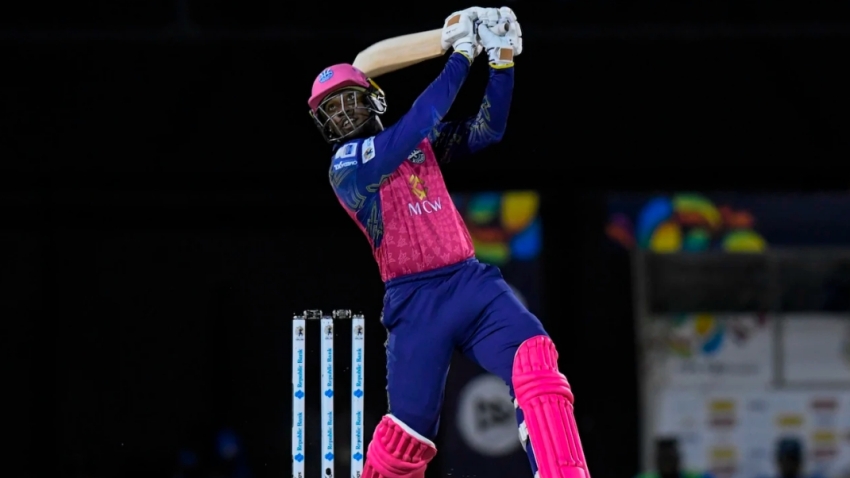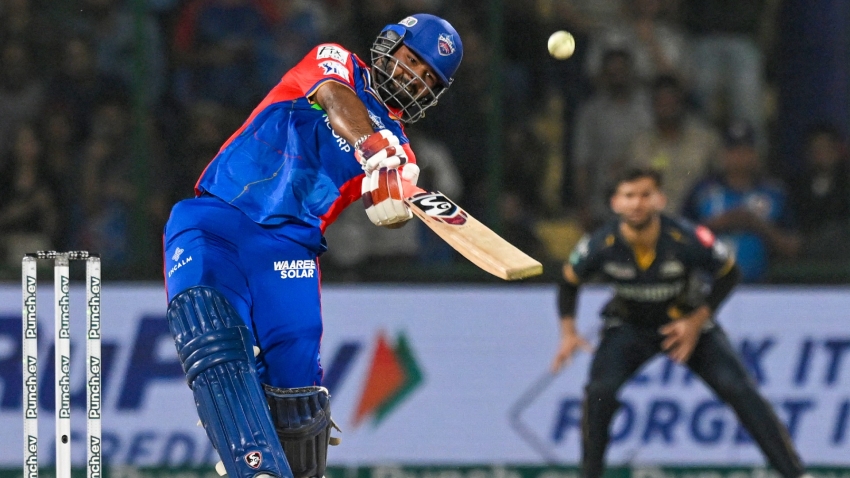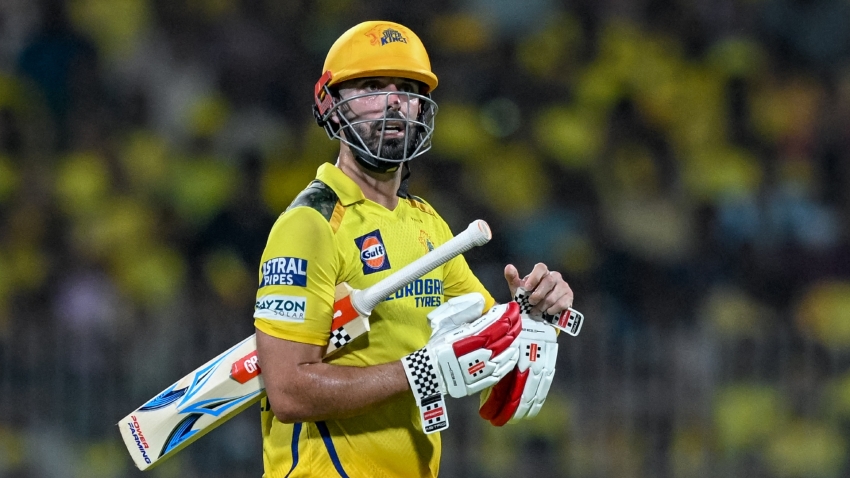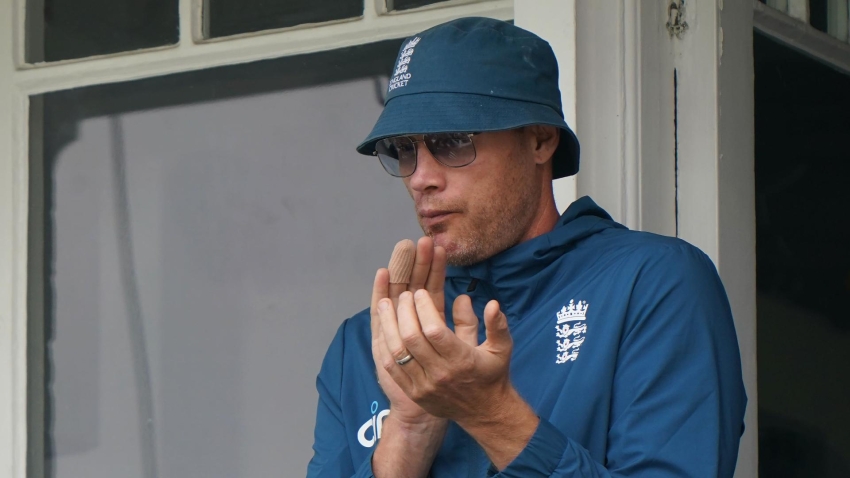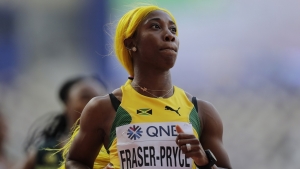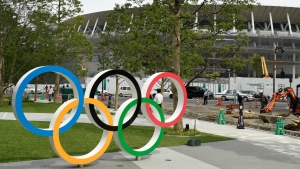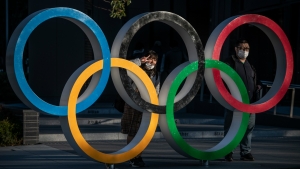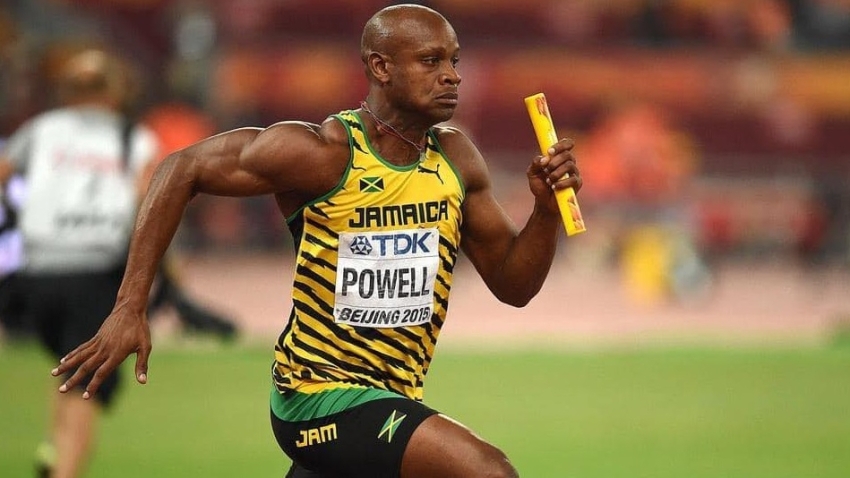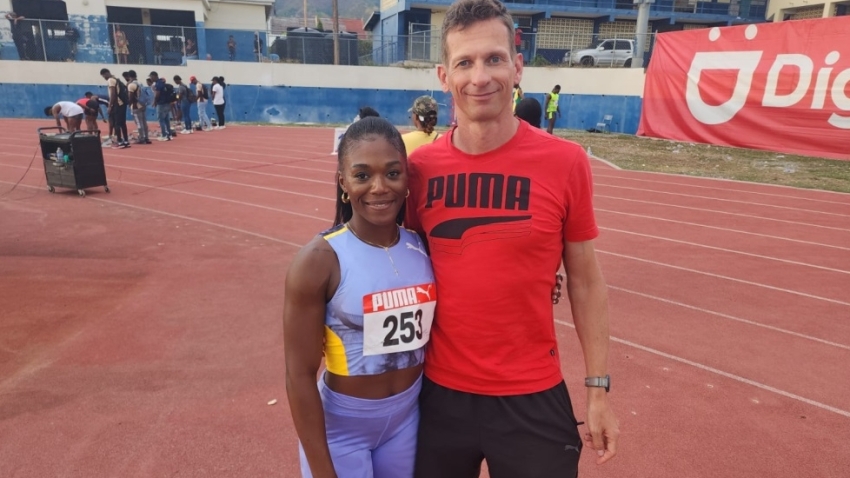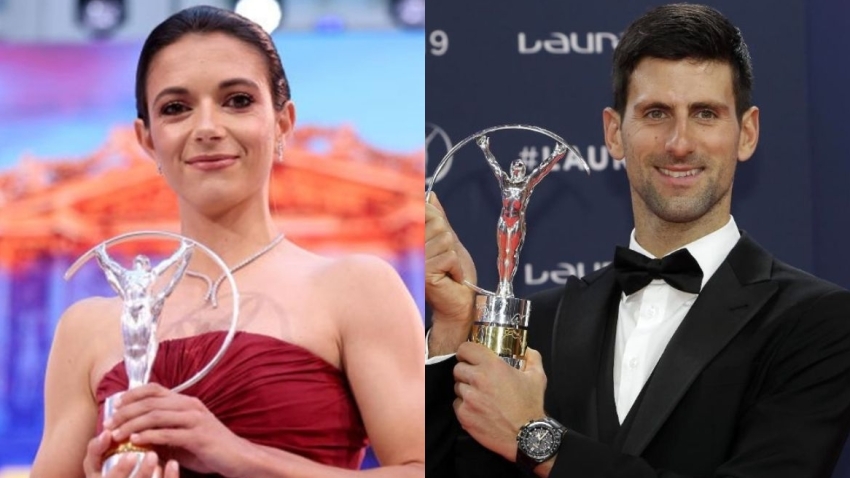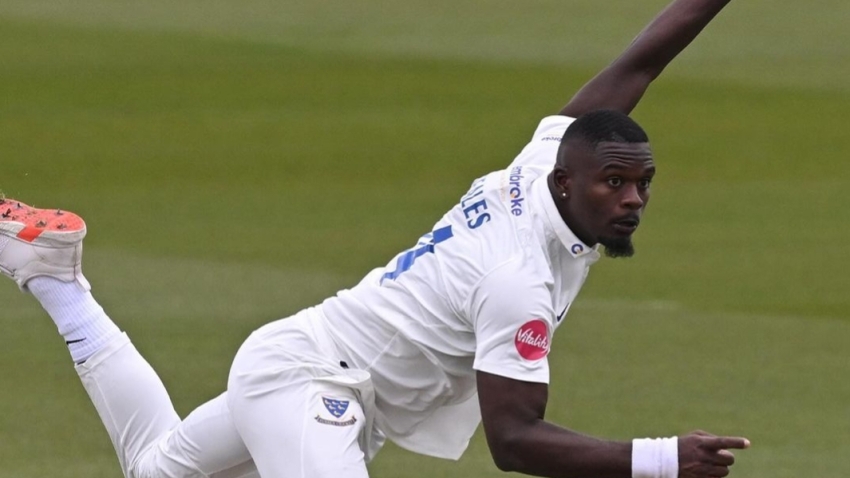International Olympic Committee (IOC) member Dick Pound is uncertain whether the Tokyo Games will be able to go ahead.
After the Olympics were postponed in 2020 amid the coronavirus pandemic, they have been rescheduled for this year, with events due to run in Japan's capital from July 23 to August 8.
However, COVID-19 has continued to surge globally with new variants of the virus forcing multiple countries back into lockdown situations.
The outcome of the debate about whether athletes are given priority access to vaccinations, which have just begun to be rolled out in major nations, could prove decisive.
"I can't be certain because the ongoing elephant in the room would be the surges in the virus," Pound said, per BBC Sport, about whether the Games would go ahead.
The comments from Pound came as Japan declared a one-month state of emergency for Tokyo and surrounding regions.
"The situation has become increasingly troubling nationwide and we have a strong sense of crisis," said Prime Minister Yoshihide Suga, who had recently vowed to hold a "safe and secure" Olympics.
Pound, who is the longest-serving member of the committee, added the vaccine debate might be different in each competing nation.
He said to Sky News: "It is a decision for each country to make and there will be people saying they [athletes] are jumping the queue [for a vaccine].
"But I think that is the most realistic way of it going ahead.
"In Canada, where we might have 300 or 400 athletes, to take 300 or 400 vaccines out of several million in order to have Canada represented at an international event of this stature, character and level – I don't think there would be any kind of a public outcry about that.
"Athletes are important role models, and by taking the vaccine they can send a powerful message that vaccination is not only about personal health, but also about solidarity and consideration for the wellbeing of others in their communities."


